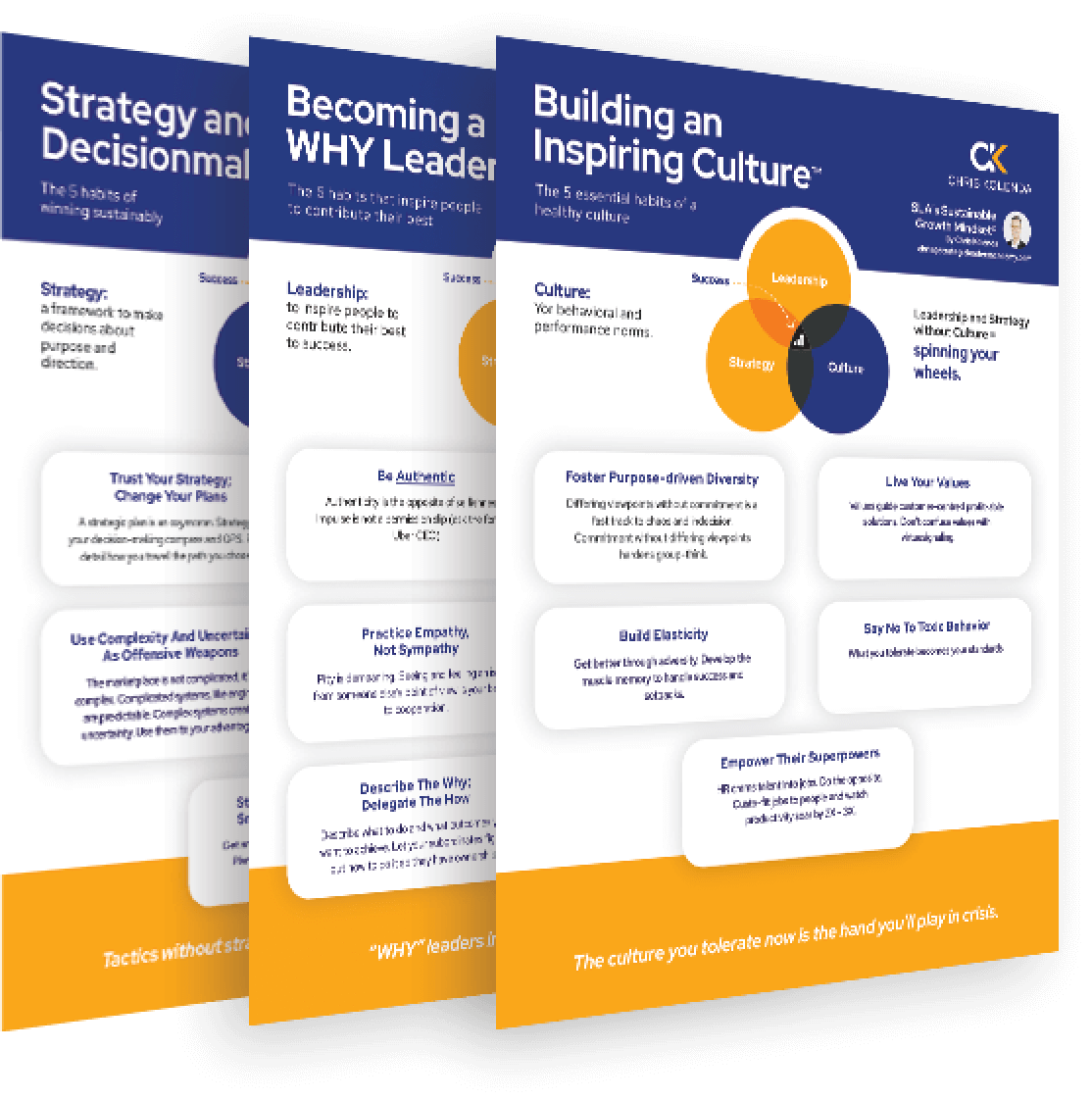How to lose business with Sophistry
Sophistry is a fast-track to losing business because you damage your reputation, brand, and trustworthiness.
Sophistry is the use of fallacious arguments with the intent to deceive. The word comes from the ancient Greek word sophistes, which means an expert or wise person. The Sophists were teachers and speakers whom Plato described as sham philosophers. The characterization stuck.
Today’s sophists are infomercial hustlers, charlatans, and Pyramid schemers who want you to believe something that’s not true. Use this one-size-fits-all digital marketing strategy; follow this checklist to become a creative thinker; invest in this [silver bullet] scheme, etc.
Good people and organizations can fall into this trap, too. There’s a seductive lure to sugar-coat bad news so that you can ease the pain and anxiety of change or difficulties. It’s a short walk from good intentions toward manipulative “noble lies” and cringe-worthy sophistry.
People see through the smokescreen right away. No one knows the people like the prince, said Machiavelli, and no one knows the prince like the people.
How do you feel when someone uses words designed to give you a false impression or manipulate your behavior?
I’ve been a professional member of the National Speakers Association for a couple of years. I’ve gotten good value from the organization and its members, and I’ve given value in return.
I received an email recently from them notifying me that they are “upgrading” my membership. Oh, that’s good news; let me check it out. The professional speaking business has been hit hard by the pandemic, so I was surprised that NSA would upgrade benefits. That’s pretty awesome.
It turns out that the only upgrade is in the membership dues. They are simply charging more and offering upsells. Slimy. I feel like I need to shower.
I’ve got no qualms whatsoever about NSA charging higher membership fees and upsells. I have huge qualms about the sophistry. I’m certainly not going to upgrade, and I might cancel altogether based on how they respond to my inquiry.
Lose trust: lose business. Build trust: build business. These are the simplest ratios you need to know, and you don’t need an MBA to understand them.
I wonder if someone with an MBA approved that deceptive email?
Action steps:
1. Get an outside view so that you avoid drinking your own bathwater. Surround yourself with trusted people who tell you what you need to hear.
2. Speak plainly. Simplicity and clarity boost your credibility and improve the likelihood that what you say is what people hear. I’ve learned this lesson the hard way.
3. Empower people to take remedial action. Ritz-Carlton is famous for giving its front-line employees the ability to fix problems and make restitution on the spot. Oftentimes, you cannot control the problems you face, but you can control how you face them.










